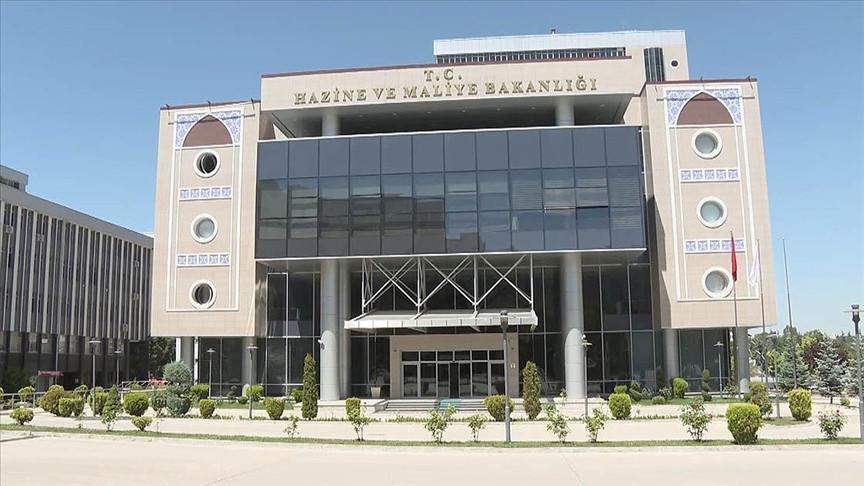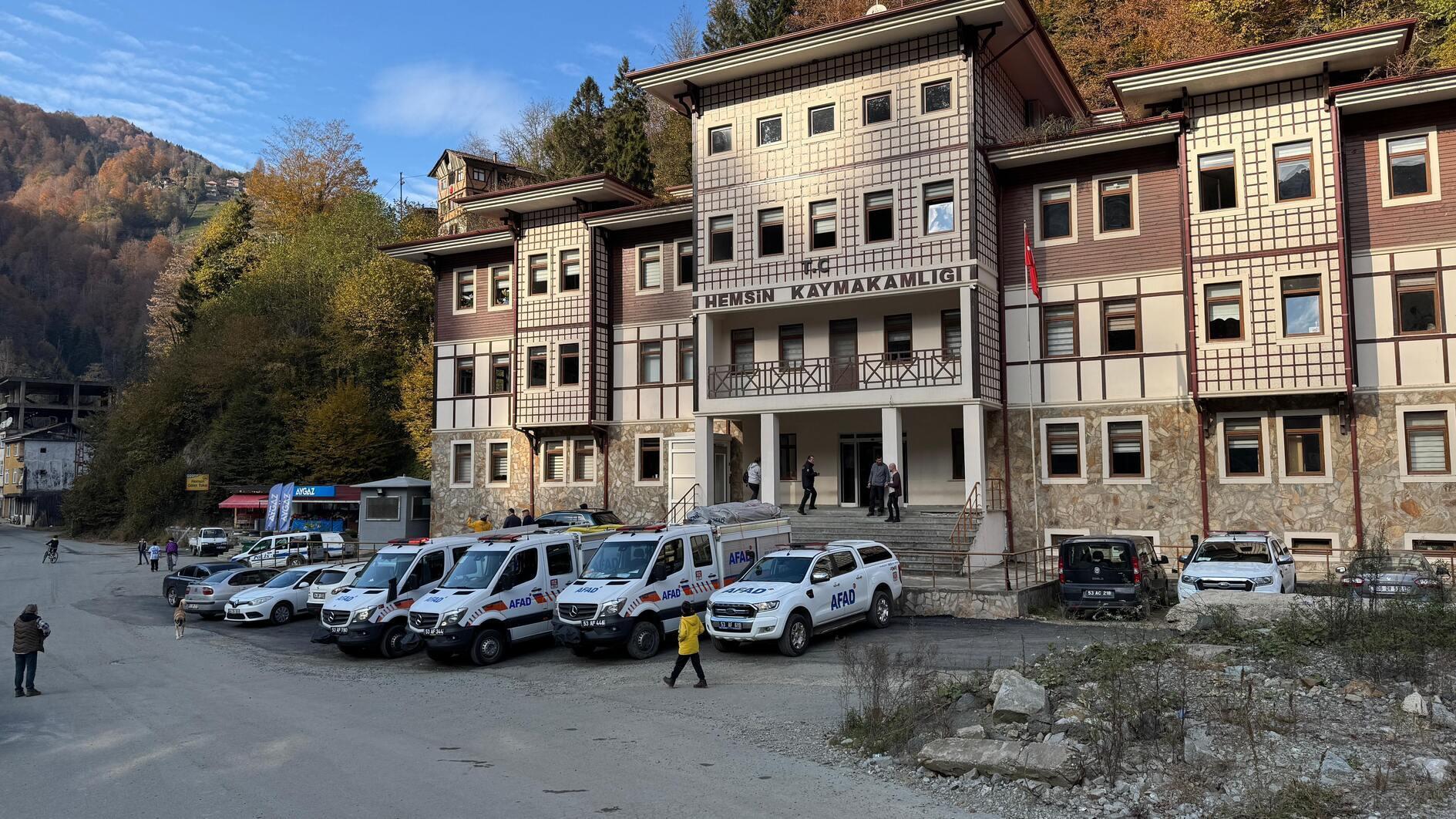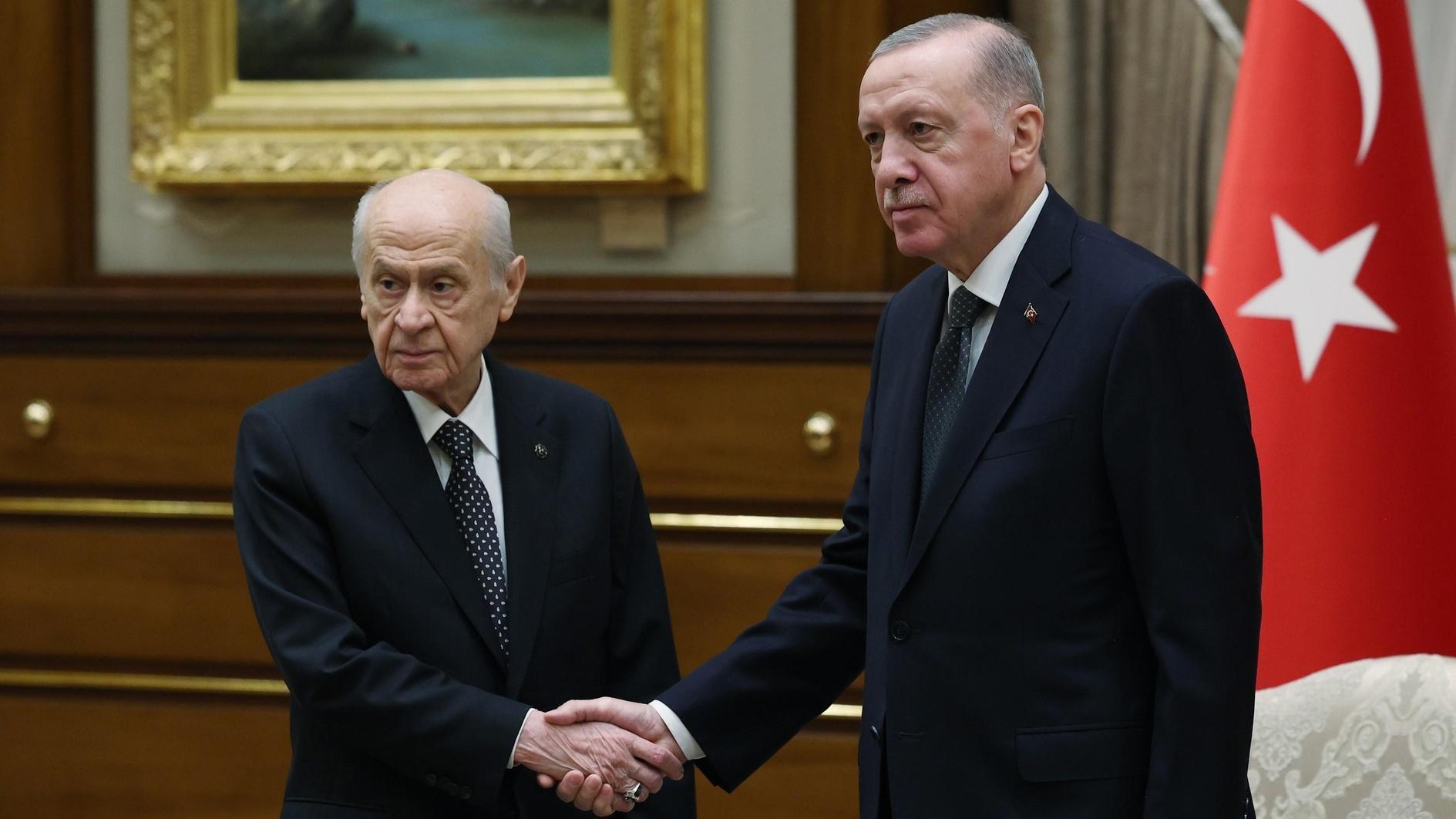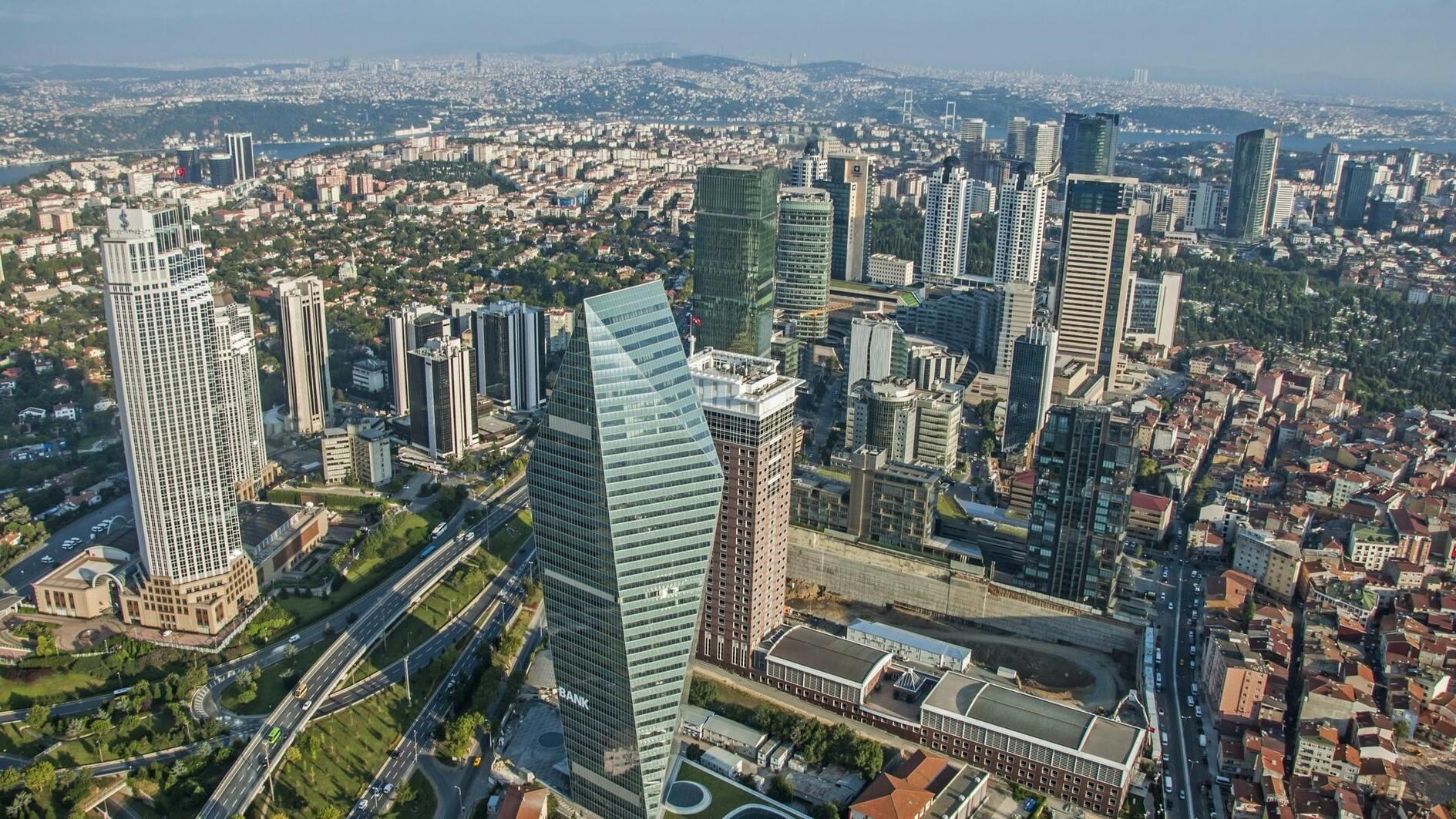Turkish companies must change focus to avoid crash, warns businessman
Hacer Boyacıoğlu - ANKARA

AA Photo
The head of the Foreign Economic Relations Board (DEİK) has warned about the potential crash of Turkish companies unless they focus on manufacturing goods with higher added value.“All of our companies need to grow a mentality that will boost our exports. Turkish companies will crash unless they start to develop and make products with higher added value,” said DEİK President Ömer Cihad Vardan. “Yes, we have learned how to make exports by not producing and won seats in global markets, but everybody now applies for the same markets, some of which will be winners in the medium-term by becoming more competitive.”
He noted the business world now wants to see a coordinated government which makes decisions quickly and works harmoniously with other parts.
“Our Prime Minister [Ahmet Davutoğlu] has promised these will be realized and a second generation of reforms will be made. We believe these promises will be kept,” he said.
Time to ‘resolve business world’s problems’
Vardan said the issues regarding the determination of the minimum wage and the improvement in retired people’s conditions need to be focused on and resolved.
“We should then talk about the problems of the business world. These actually don’t matter for businesspeople. If we have adopted a growth approach which is based on exports, it really matters to us what is happening in our export markets. Any steps taken by the United States or China have automatically affected us, as well as our neighboring region has. For instance, our construction companies are still expecting to collect their receivables worth over $1.5 billion in Libya. Turkish companies also have more than $2.2 billion in investments in Egypt, which is not easy to operate now. I don’t even mention Syria,” he said.
Meanwhile, the DEİK, an arm of the Union of Chambers and Commodity Exchanges of Turkey (TOBB), was put under the control and surveillance of the Economy Ministry as part of an omnibus law approved in parliament in September 2014. A regulation that exposes the new working scheme and management structure of the body was published in the Official Gazette on Sept. 20, 2014, drawing reactions from jurists and the business world.
Vardan noted such discussions have occasionally been the case.
“A new structure has been established in the DEİK and I was not the one who had personally asked for this change. When the first regulation was out, some claimed the DEİK became a ‘state-run organization.’ On the other hand, the number of our members has increased by 50 percent since then. This has showed something different. The management was changed in 129 of a total of 130 councils in highly contested elections. We did not see any state intervention. We don’t make anyone a member by force,” he said.
















